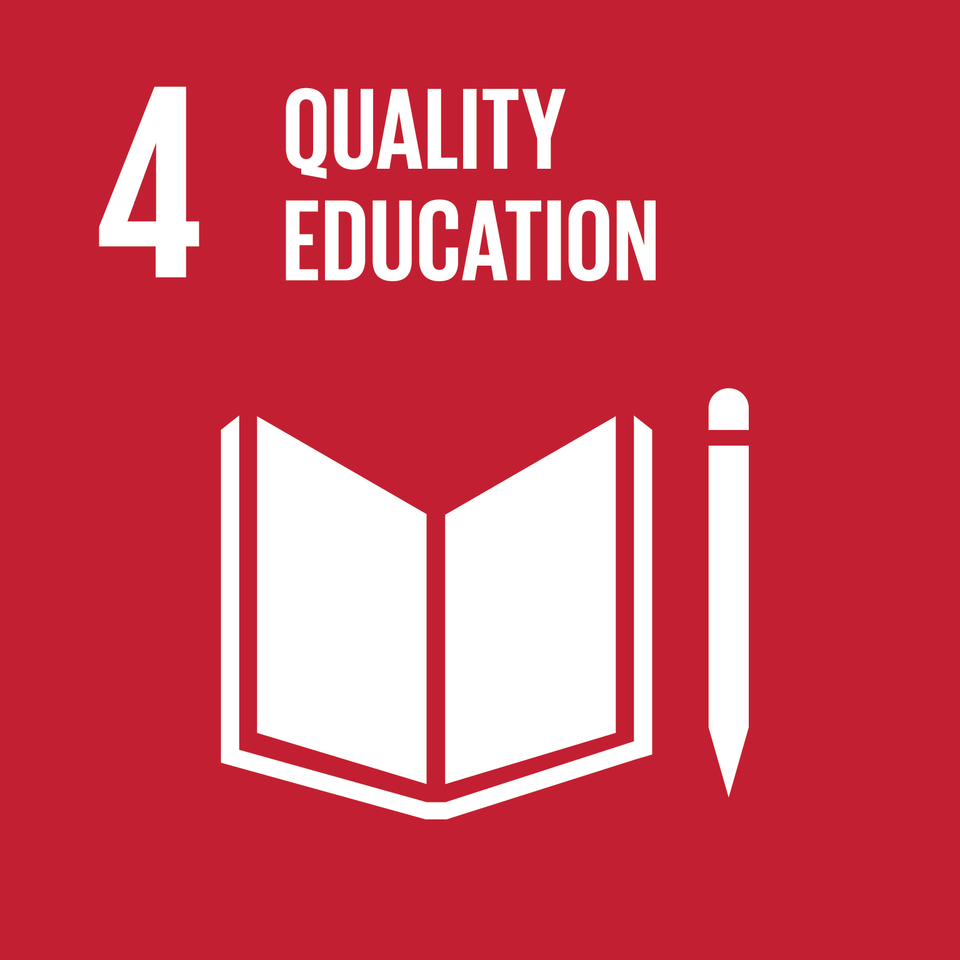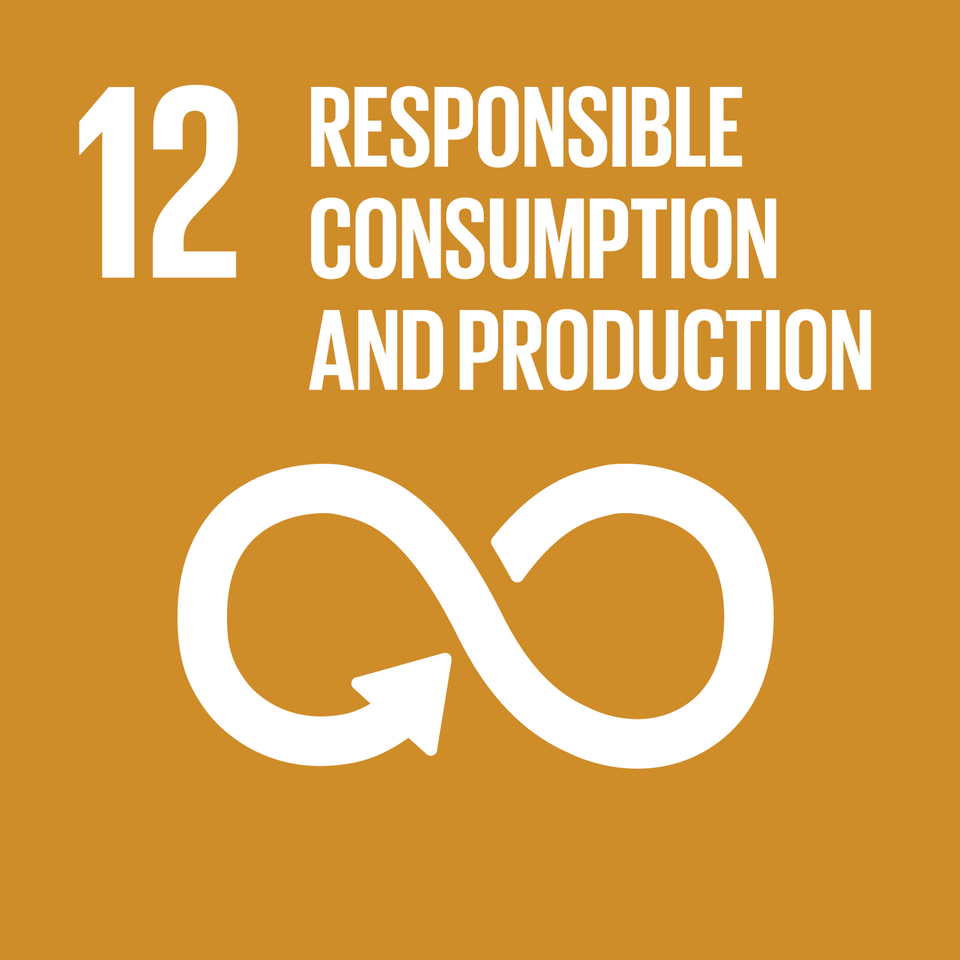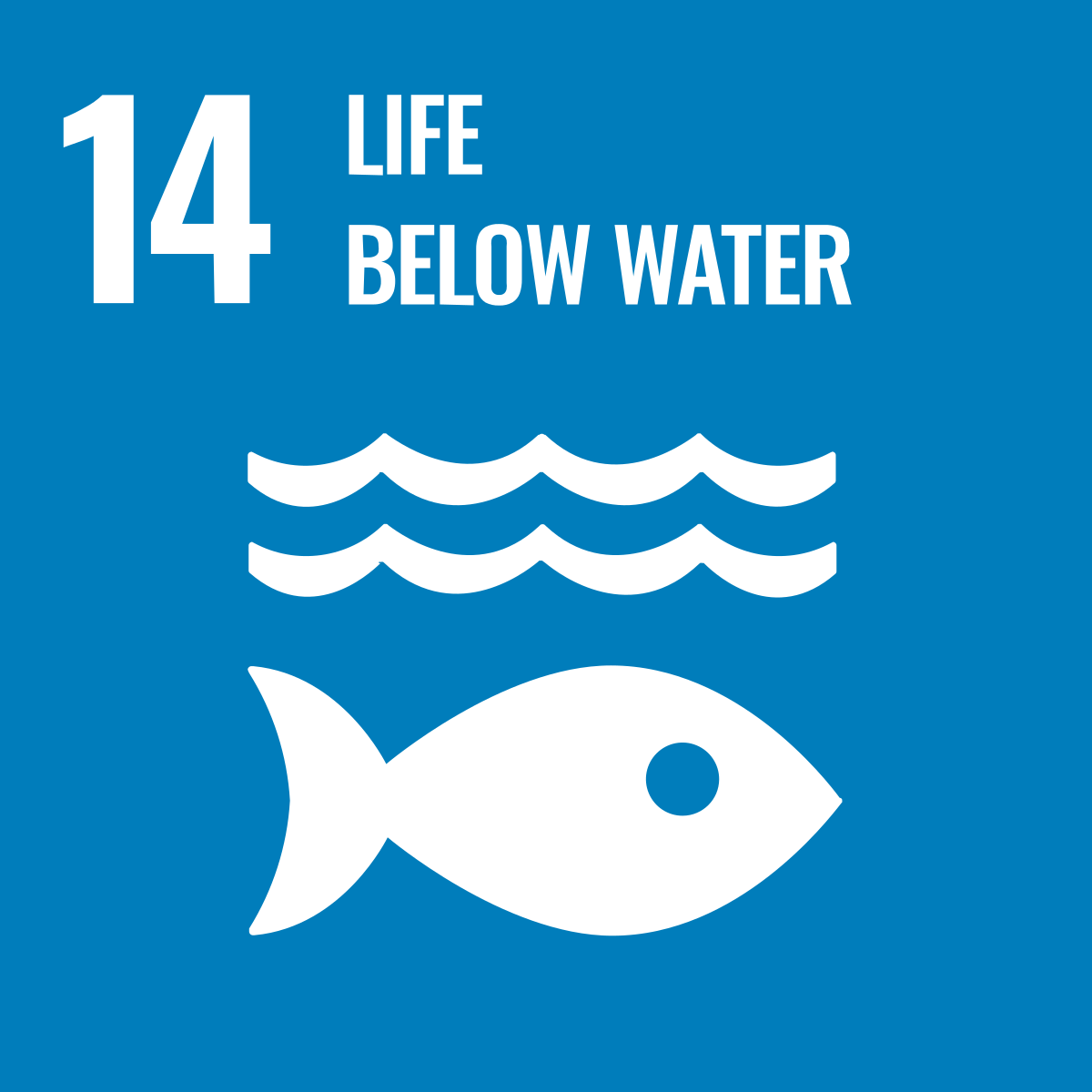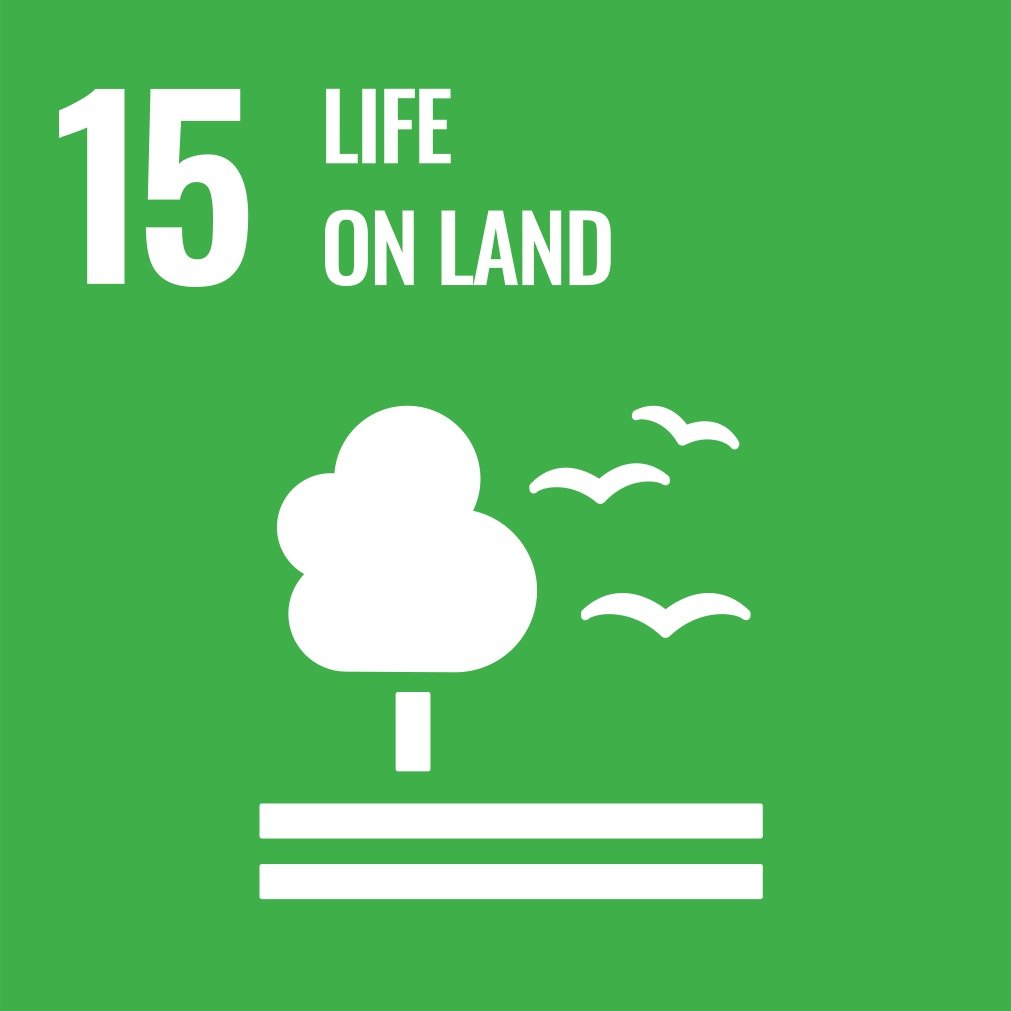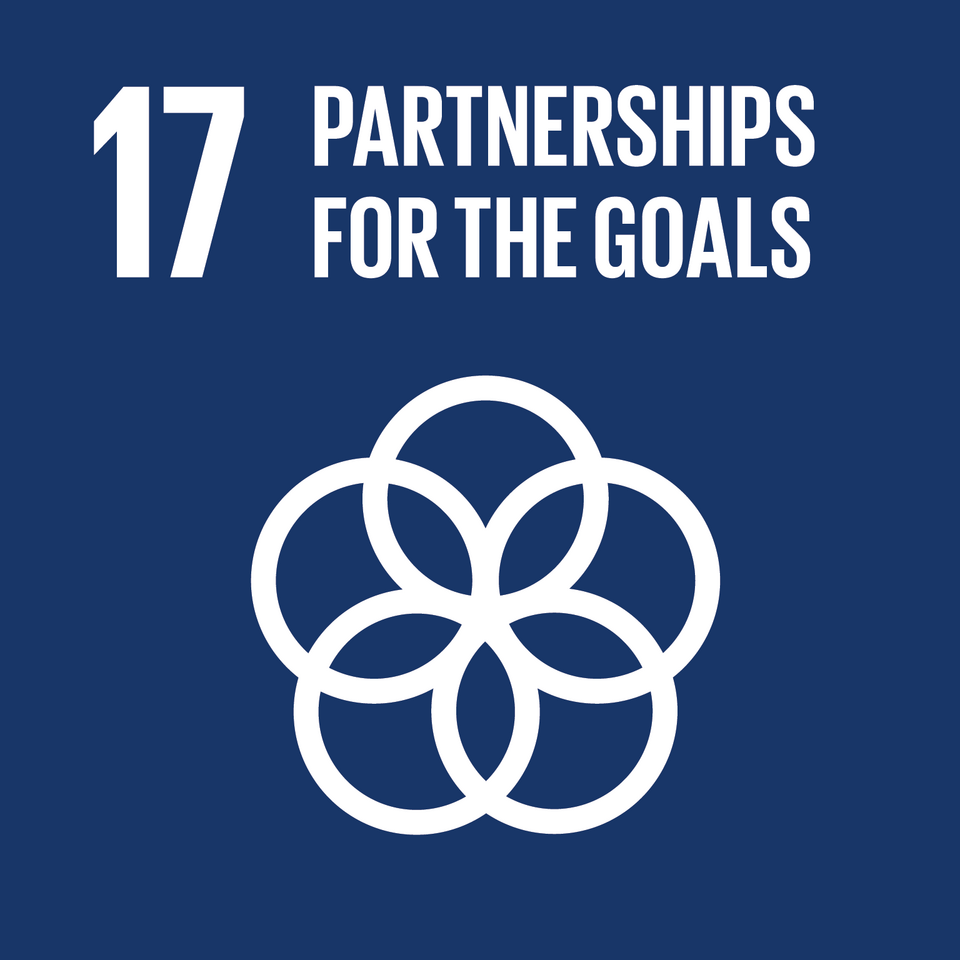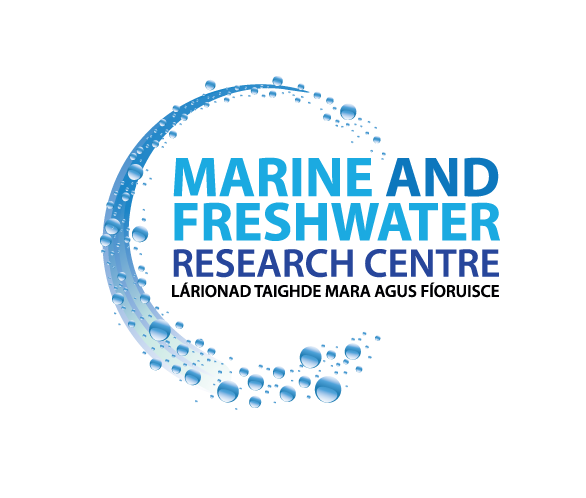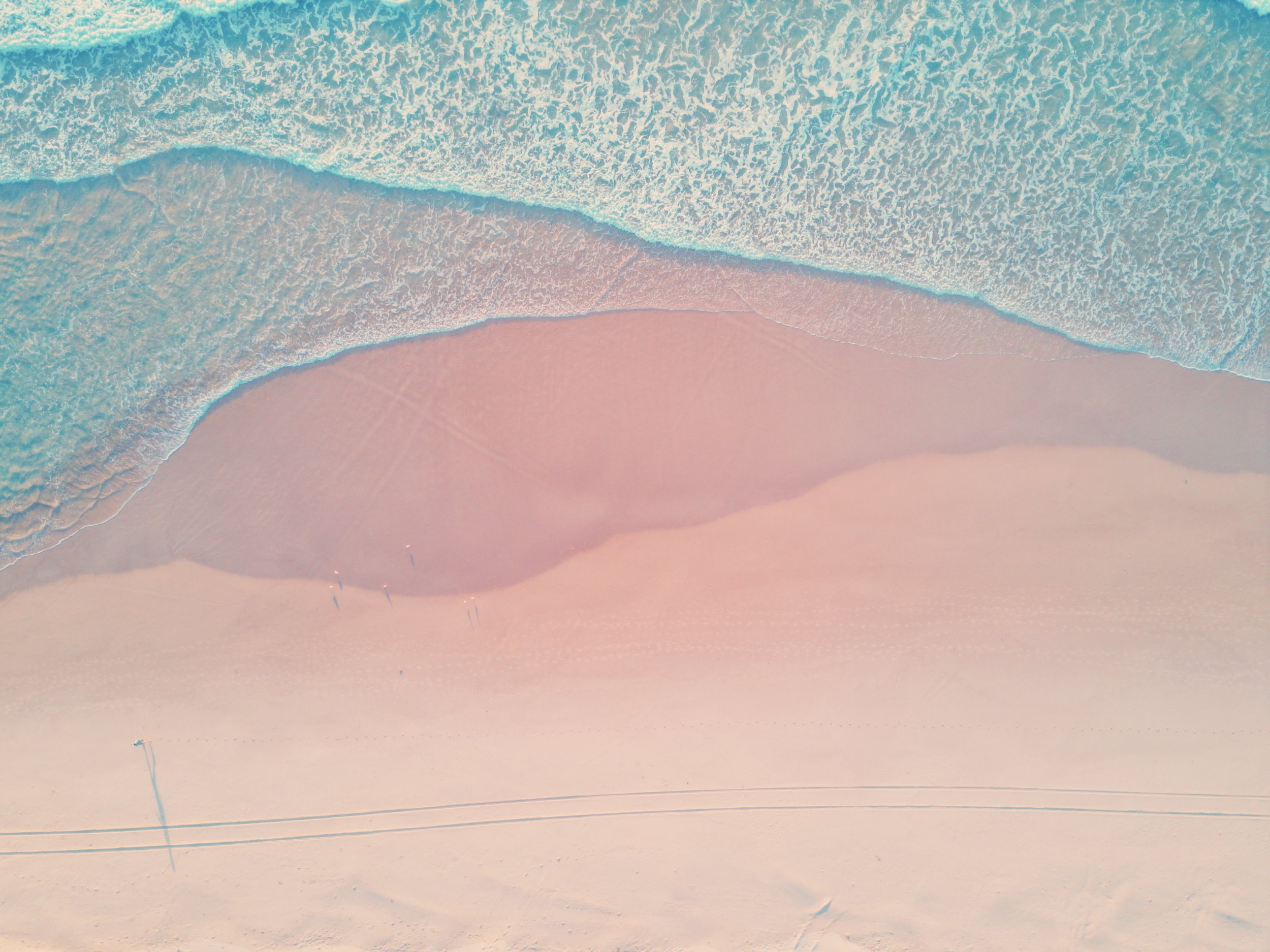
Waves of Change
Promoting sustainable development and circular economy values through ocean literacy and stakeholder engagement
Waves of Change is a research project led by the Marine & Freshwater Research Centre of the Atlantic Technological University, in collaboration with the Galway Atlantaquaria.
Waves of Change is a four-year research project funded by the Marine Institute’s Post Doctoral Fellowship Programme that is based on the:
Ocean Literacy Principles
Sustainable Development Goals and on the
United Nations Decade of Ocean Science for Sustainable Development.
This project aims to promote sustainable development and circular economy values through ocean literacy and stakeholder engagement.
Building upon existing knowledge and partnerships, this project will develop reusable education materials (e.g., Transitional Year cross-curricular module) and promote collaborative learning workshops among stakeholders. The project focus on three thematic areas:
and the outputs will target marine science, data analysis, critical thinking, and cross-curriculum collaboration.
Three main target audience groups will be involved: educators, policymakers, and civil society.
A series of assessment tools will be developed to estimate the Ocean Literacy perception levels within Irish society and to stimulate and measure behaviour change through a succession of learning workshops, focus groups and carbon footprint audits.
These activities allow for stakeholders to understand the Ocean better, make better-informed decisions, and evaluate their consumption patterns with the aim of individual and community engagement towards a climate-neutral ocean economy.
The core team is experienced in stakeholder engagement, science communication and ocean literacy, allowing for the effective dissemination of results and local & national stakeholder engagement.
The innovative aspect of this project is the brainstorming workshops between educators, policymakers and selected members of the civil society, whose combined feedback will contribute to improving the teaching modules while promoting sustainable development values such as social equity, circular economy, and protection of the local environment.
The project also includes focus groups with a selected group of participants to conduct perception surveys and carbon footprint audits, with specific indicators to assess behaviour change. Large audience engagement techniques (e.g., video competition; art exhibition) are also included to promote sustainability values.
Contributes to
Partner institutions







